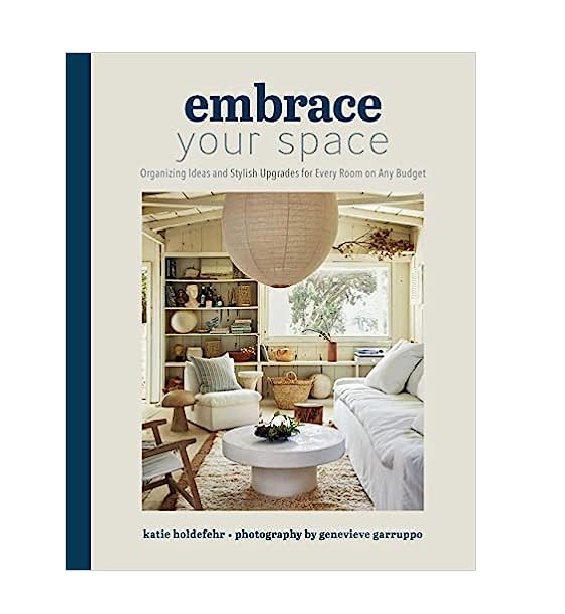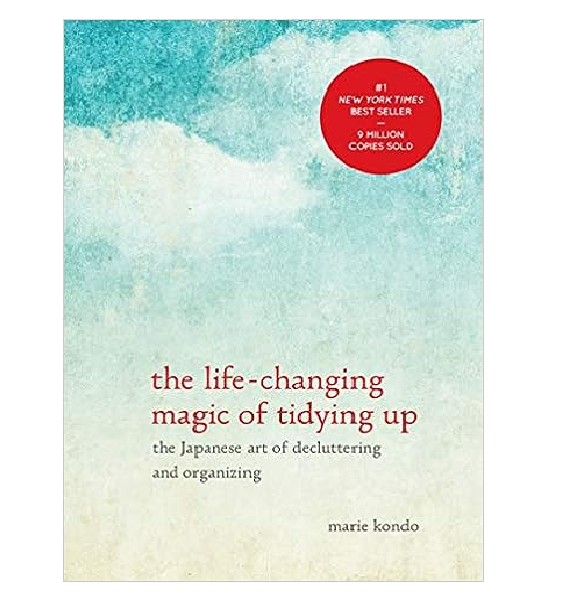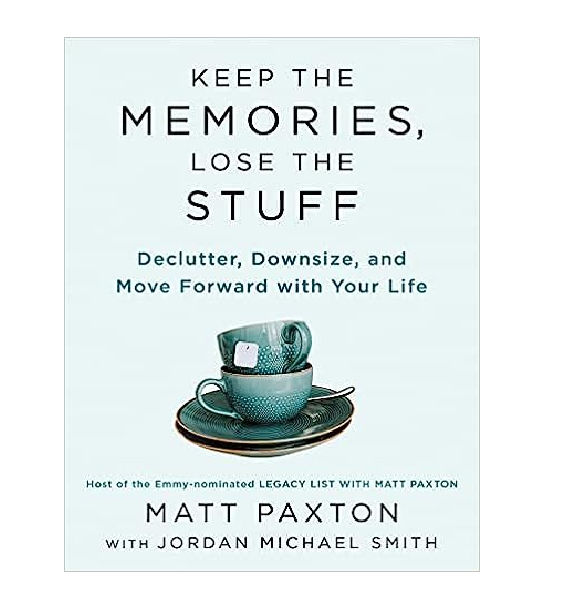'Hushing the House' – the "ruthless" decluttering method that might just fix even the most overfilled homes, explained
This trending decluttering technique is all about quieting visual clutter by going back to basics

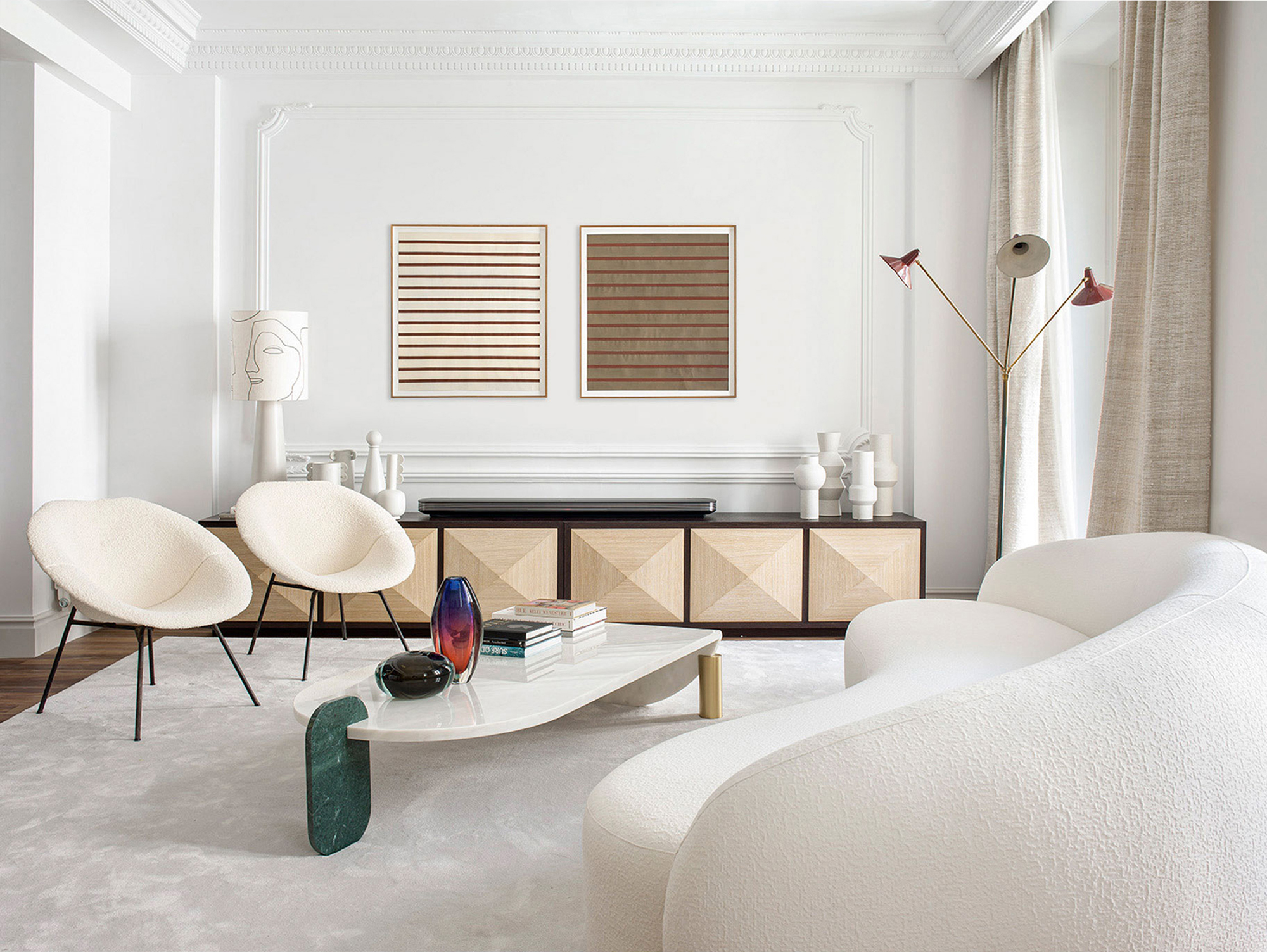
The Livingetc newsletters are your inside source for what’s shaping interiors now - and what’s next. Discover trend forecasts, smart style ideas, and curated shopping inspiration that brings design to life. Subscribe today and stay ahead of the curve.
You are now subscribed
Your newsletter sign-up was successful
You don't need us to tell you that decluttering and well-being go hand-in-hand. The purging of stuff you no longer need, use, or want can do wonders for our mental health, but waltzing into a space with no strategy and choosing the odd item to throw away isn't going to have much effect. To really quieten things down visually, it helps to clear your space (and your mind) with an entirely clean slate. Enter the 'Hushing the House' method.
First devised by home blogger Myquillyn Smith - better known as The Nester - 'Hushing the House' is an approach that she refers to as 'backwards decluttering'. It's all about minimizing the 'loudness' of visual clutter that accumulates over time by paring things back to basics. From there, you can then reintroduce the things you want to keep in a more intentional way, helping you cultivate a healthy relationship with the stuff you own.
If you're keen to learn more about how to apply the method when decluttering a room, we spoke with some professional organizers about the biggest buzz term in the organizational world right now. Here's what they had to say, with tips on how to put the method into practice in your own space.
What is 'Hushing the House'
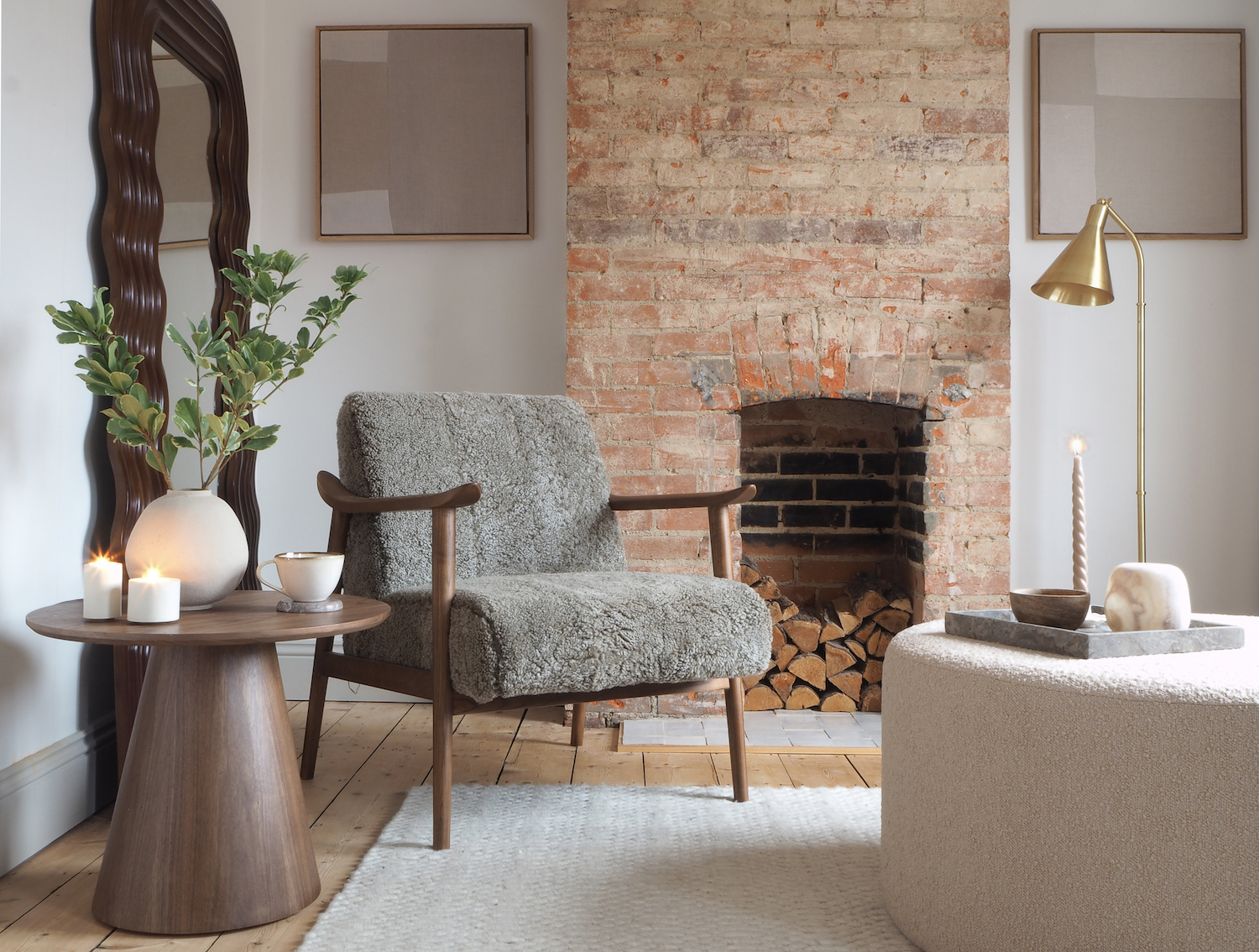
How many times have you walked into a room and thought 'Where did all this stuff come from?' It's a kind of epiphany moment that's like seeing your home for the first time from an outsider's perspective, a phenomenon that Myquillyn refers to on her blog as going 'house-blind'. It happens to the best of us as we become used to the clutter that's accumulated in our spaces, but there comes a time when you have to address it.
'Hushing the House' is about doing just that. Also referred to as 'quieting the house', this decluttering tip is all about reducing the loudness of that visual clutter and, similar to the Move Out decluttering method, it takes a pretty ruthless approach. 'It involves emptying a space or room of all its contents,' says Di Ter Avest of Di is Organized. 'You then let it sit for 24 hours to absorb the quietness, breathe, and possibly get cleaned before intentionally bringing the items back.'
How do you use the 'Hushing the House' method?
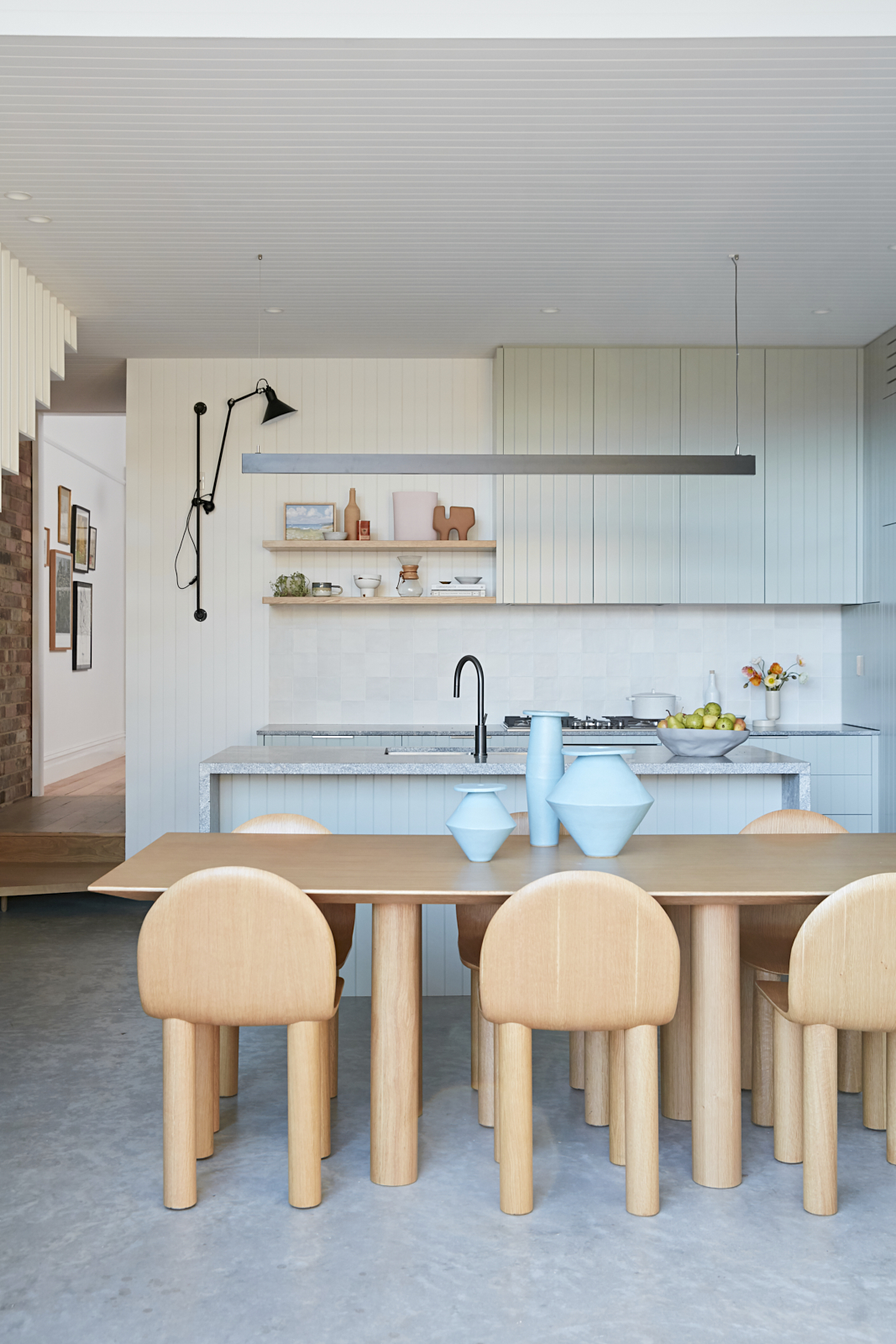
One of the perks of this method is it encourages you to focus on one room at a time so you know where to start decluttering. While it's not an approach that works for everyone (sorry, Marie Kondo), this technique does make it easier for some people by allowing them a clean slate for redecorating.
When it comes to using the method, there are five steps involved. 'First, choose a room that needs to be hushed and pick a place to hold your stuff when you remove everything from the room,' says Di. A spare room, basement, or garage is ideal for this.
The Livingetc newsletters are your inside source for what’s shaping interiors now - and what’s next. Discover trend forecasts, smart style ideas, and curated shopping inspiration that brings design to life. Subscribe today and stay ahead of the curve.
Next, it's just a case of removing everything from the space except for larger, bulkier furniture. 'Take all the decorative knickknacks and other stuff lying around to the place you picked as your “holding zone”,' notes Di. 'You could even consider removing everything from the room if you need a drastic change.'
You then want to allow your room time to sit quietly before you rush to bring anything in again. 'Live in the empty room for at least 24 hours,' says Di. 'That time will help you reconnect with the room. I would also use this time to give the room a deep clean, and even a fresh coat of paint if you have the time.' Giving the room time to sit empty allows you to reassess the room's furniture placement, too.
After 24 hours, you can start reintroducing the items you decided to keep (this is what Myquillyn means by working backward). Think intentionally about what they bring to your life and why they're worthy of keeping by adopting a minimalist mentality. 'Everything that is left out should be eliminated,' adds Di.
The idea is to keep the room 'hushed' however, if you have kids, keeping a room in this quietened state isn't going to be easy. 'In such cases, for the sanity of everyone in the household, I encourage creating a "hushed room" - one quiet oasis like a bedroom or a guest room where surfaces can be kept clean and things can be put away,' says professional organizer Melissa Gugni. 'It can be easier for the more clutter-tolerant half to try and respect keeping that one room tidy, rather than expecting the whole house to be that way, which can be pretty unrealistic.'
What type of situations is this decluttering most useful for?
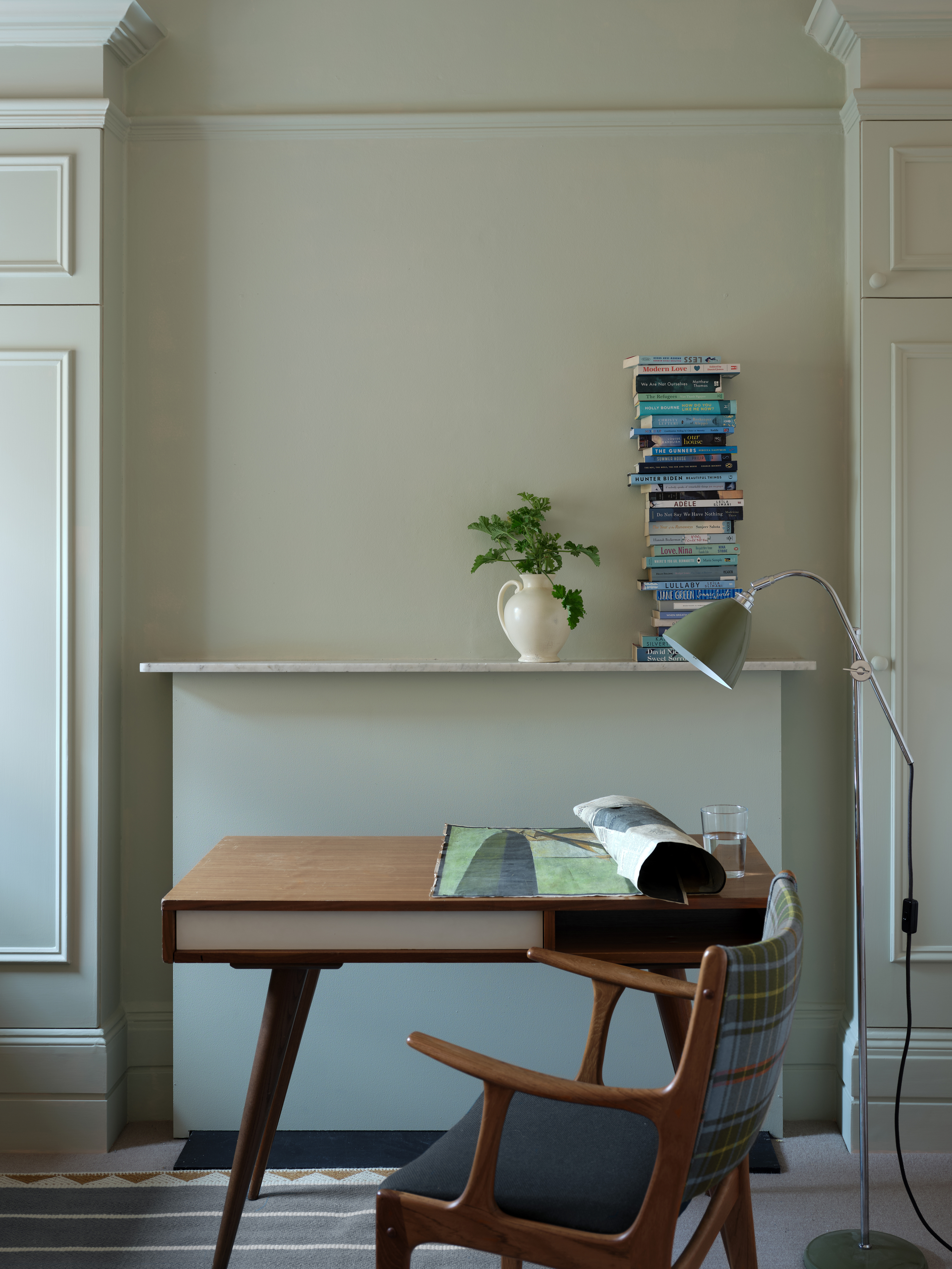
Decluttering methods aren't one-size-fits-all. There are instances where this method is going to act as your saving grace, and others where it will only hinder your efforts. According to Di, 'Hushing the House' is probably best reserved for those rooms that fall somewhere between organized and cluttered so that you can be realistic about achieving your aims.
'Sometimes, even an uncluttered space can look busy when the decor is out of order or not harmonious,' she says. 'I see this method working in homes that are semi-organized or in need of a refresh. If I were going to try this method on my own without a professional organizer’s help, I would start in small areas like a closet or cabinet.'
There's also the fact that such a ruthless approach to decluttering can risk overwhelming you. 'I would add the editing and purging step as you remove the items from the room, so you don’t need to deal with the item two times,' suggests Di. 'If it's a clear “donate/trash” item, deal with it on the spot before moving it to the stage area.'
Since this approach focuses on a room's aesthetic over questions of practicality, you'll also need to reach a middle ground with the people you live with. 'Most people who cohabitate have different ideas about stuff and clutter,' says Melissa. 'This can sometimes become a problem, particularly when one person thrives on calm and wants to minimize visual clutter and their other half doesn't mind clutter one bit.'
To work around this, try to reach an agreement on how you want your finished room to look and how much stuff your want to get rid of before you start decluttering. The result? A happy home, a happy mind, and a happy relationship.

Lilith Hudson is a freelance writer and regular contributor to Livingetc. She holds an MA in Magazine Journalism from City, University of London, and has written for various titles including Homes & Gardens, House Beautiful, Advnture, the Saturday Times Magazine, Evening Standard, DJ Mag, Metro, and The Simple Things Magazine.
Prior to going freelance, Lilith was the News and Trends Editor at Livingetc. It was a role that helped her develop a keen eye for spotting all the latest micro-trends, interior hacks, and viral decor must-haves you need in your home. With a constant ear to the ground on the design scene, she's ahead of the curve when it comes to the latest color that's sweeping interiors or the hot new style to decorate our homes.
